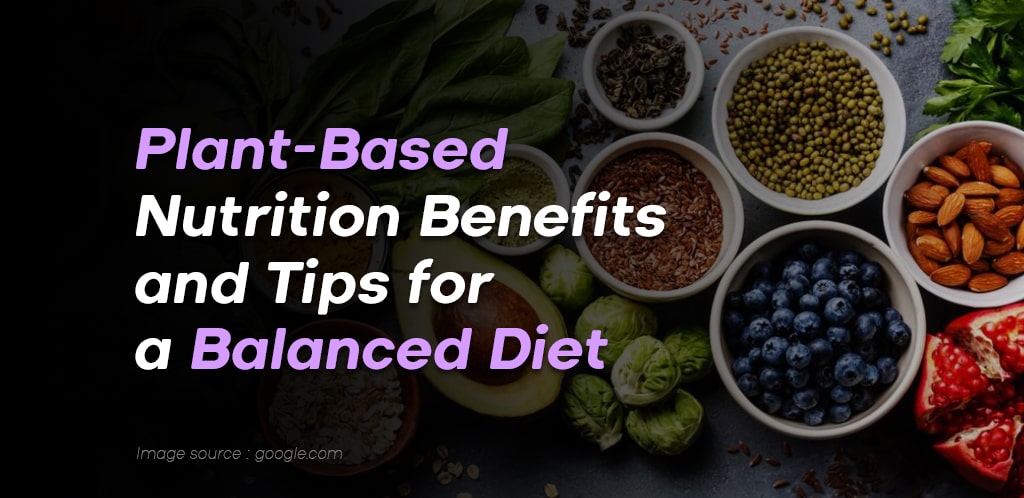
Plant-based nutrition is gaining momentum as more people recognize its benefits for health and well-being. This dietary approach emphasizes foods derived from plants, including vegetables, fruits, nuts, seeds, oils, whole grains, legumes, and beans. Adopting a plant-based diet can enhance your health, lower the risk of chronic diseases, and support environmental sustainability. Here’s how you can ensure a balanced and nutritious plant-based diet:
Variety is Key: Incorporate a wide range of fruits, vegetables, whole grains, legumes, and nuts to ensure you get all essential nutrients.
Protein Sources: Include plant-based proteins like lentils, chickpeas, tofu, tempeh, and edamame to meet your protein needs.
Iron and Calcium: Consume iron-rich foods such as spinach, quinoa, and beans. For calcium, opt for fortified plant-based milks and leafy greens like kale.
Healthy Fats: Include sources of healthy fats such as avocados, nuts, seeds, and olive oil to support heart health.
Vitamin B12: Since B12 is primarily found in animal products, consider fortified foods or supplements to avoid deficiencies.
Stay Hydrated: Drink plenty of water and include hydrating fruits and vegetables like cucumbers and oranges in your diet.
By following these guidelines, you can enjoy a nutritious and satisfying plant-based diet that supports overall health and wellness.